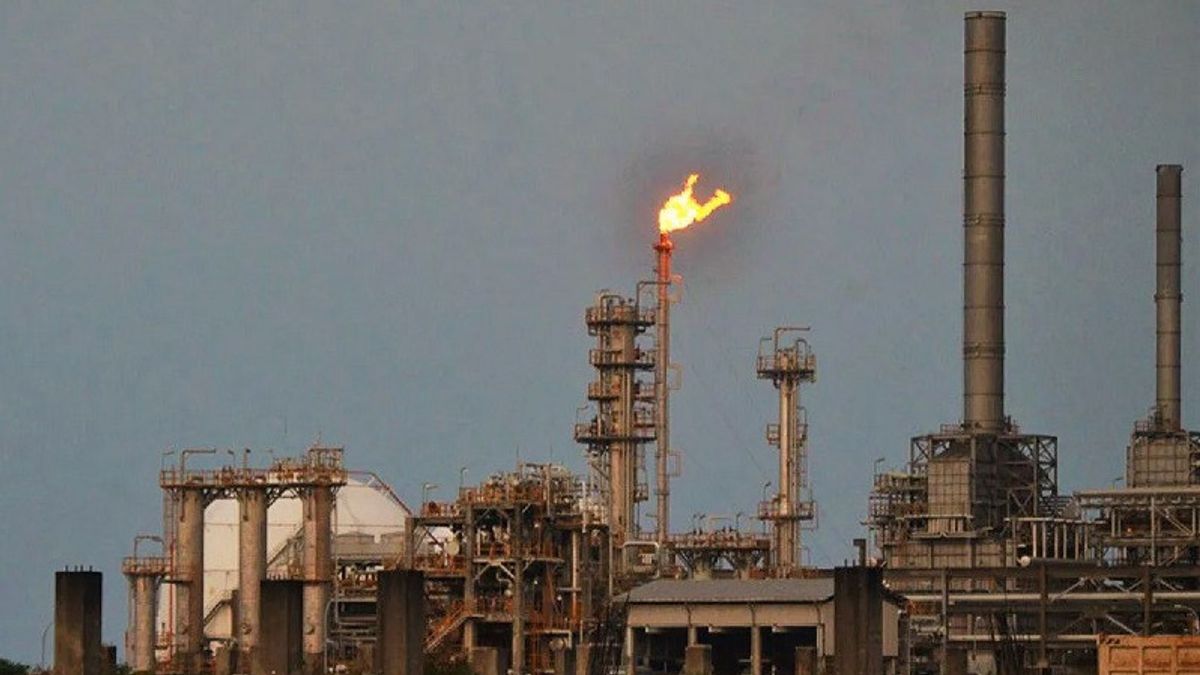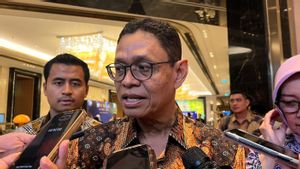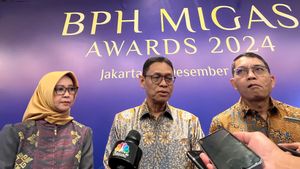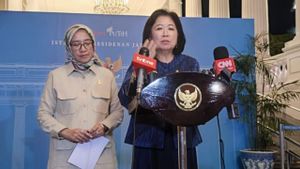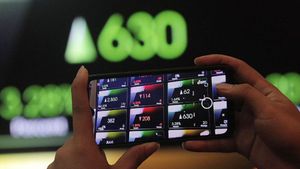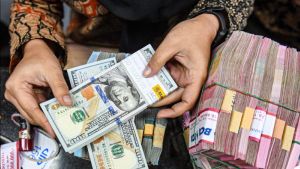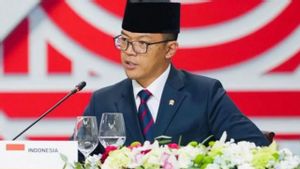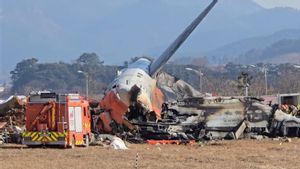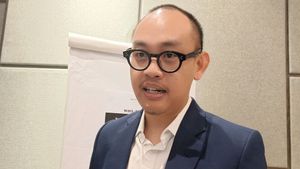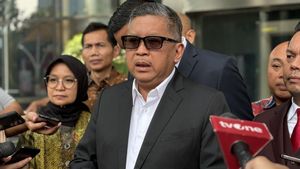JAKARTA - The Indonesian Keramic Industry Association (Asaki) has asked the government to immediately extend the policy of Certain Natural Gas Prices (HGBT) for the ceramic industry to enter January 2025.
Asaki also asked the government to find a solution with PT Perusahaan Gas Negara Tbk (PGN) related to disruptions in gas supply that had been protracted and never finished. As a result, business actors experience restrictions on gas use, which is around 65-70 percent of the volume of gas contracts.
Chairman of Asaki Edy Suyanto said the HGBT policy was vital for the ceramic industry considering that around 30 percent of the ceramic production costs were in the form of gas energy costs as the main fuel. Gas cannot be replaced with other fuels.
"The presence of HGBT has provided a large multiplier effect such as new investments and absorption of the number of workers in addition to the contribution of tax payments to the state," said Edy in a written statement, quoted on Tuesday, January 7.
At the beginning of the implementation of HGBT in 2021 and 2022, ceramic business actors, especially in West Java, were able to reduce the amount of the energy cost component to the total production cost from the previous 28-30 percent to 23-26 percent.
Unfortunately, this does not apply to the ceramic industry in East Java, which since HGBT was implemented in 2020 has been subject to restrictions on usage or quotas of around 70-75 percent of the volume of gas contracts.
Asaki noted that gas supply disruptions began to occur from 2023 until now. This problem further suppresses the competitiveness of the ceramic industry, both for West and East Java with quota restrictions of around 65-70 percent.
In addition, there has been an imposition of a surcharge of 13.85 US dollars per MMBTU since May 2024, so that the energy cost component has swelled again to above 30 percent of the total ceramic production costs.
In the midst of declining competitiveness and production utilization rates due to restrictions on gas utilization quotas accompanied by high gas surges by PGN, Asaki was again surprised by PGN's new regulation, which from January 1, 2025 to March 31, 2025, the company issued a Gas Regasification Price policy.
According to Edy, the policy is clearly very burdensome, even detrimental to the national ceramic industry. This is because they are subject to a gas price of 16.77 US dollars per MMBTU due to the policy.
SEE ALSO:
"With this policy, this is the most expensive gas price in Southeast Asia. This means that every gas usage above the industrial AGIT, business actors are forced to pay more expensive of around 2.5 times the HGBT of 6.5 US dollars per MMBTU," he said.
Then, Asaki deeply regretted the policy and asked for the attention and intervention of the government. Asaki has also sent a letter to President Prabowo Subianto to save the ceramic industry from adversity due to gas supply disruptions and the high cost of gas surcharge imposed by PGN.
"This is very disappointing for foreign investors, members of Asaki in the sanitaryware sector who have communicated that they will stop and transfer their advanced investment to neighboring countries, because there is no legal certainty in the country," he concluded.
The English, Chinese, Japanese, Arabic, and French versions are automatically generated by the AI. So there may still be inaccuracies in translating, please always see Indonesian as our main language. (system supported by DigitalSiber.id)
